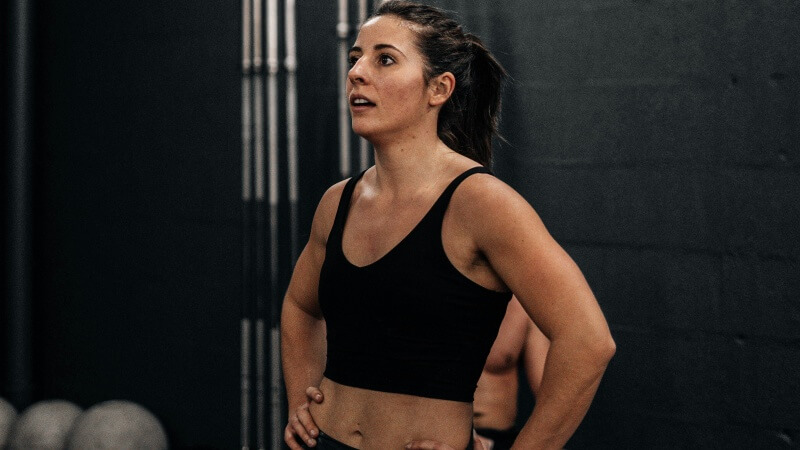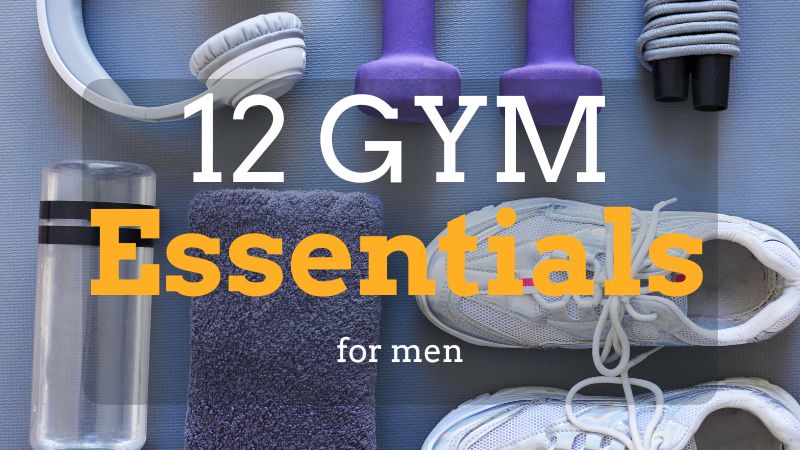
Gym Essentials For Women:A Complete List
Enthusiasts who never miss a session, understanding the gym essentials for women is crucial, not just for what to wear but also for what to

How long does it take to rehydrate your body? Typically, a glass of water is absorbed in around 15 minutes.
However, in a state of dehydration, this process can extend up to roughly 45 minutes, as fluid absorption from the stomach into the bloodstream slows significantly.
Dehydration triggers increased stomach acid production, hindering the digestive process.
Furthermore, dehydration reduces overall blood flow, delaying the time it takes for fluids to reach necessary body areas.
Discover more about dehydration and the timeframe required for effective rehydration.
Dehydration is a state where the body lacks sufficient water to function optimally. This condition can arise from intense sweating, vomiting, or diarrhea, and also from not consuming adequate fluids, particularly water.
It leads to several adverse health consequences, such as fatigue, headaches, and dizziness. However, the gravest risk of dehydration is the potential for heatstroke.
Therefore, it’s crucial to ensure adequate hydration, especially on warm days, post-exercise, and during illness. By drinking ample fluids, primarily water, you can efficiently rehydrate your body.
The duration of rehydration largely hinges on several factors, including your level of dehydration and the quantity of water you consume.
Typically, it takes approximately two hours for the body to fully rehydrate after ingesting a substantial amount of water.
Regarding the most effective way to rehydrate, water stands as the optimal choice. For athletes needing to restore electrolytes, sports drinks like Gatorade can be beneficial.
Dehydration manifests through various symptoms, such as:
In cases of severe dehydration, particularly due to high temperatures or illness, immediate medical attention is crucial. IV fluids may be necessary for a safe and swift rehydration process.
Dehydration can be triggered by a variety of factors, such as:
Dehydration, a widespread issue, is particularly common during summer.
To stave off dehydration, it’s crucial to drink adequate fluids, primarily water. Limiting intake of alcohol and caffeine, which can contribute to dehydration, is also advisable.
In extreme heat, carrying a reusable water bottle and refraining from intense physical activities are wise choices. Opt for lightweight clothing to reduce heat absorption compared to heavy, dark attire.
Incorporating hydrating foods into your diet can further aid in preventing dehydration. Fruits and vegetables, rich in water content and vital nutrients, are especially beneficial.
Preventing dehydration effectively involves consistent fluid intake, staying cool, and consuming water-rich plant foods.
Firstly, evaluate the severity of your dehydration.
Should you experience symptoms like dizziness, fatigue, confusion, or inability to retain fluids, seek medical attention immediately. In such cases, IV fluids are the most effective and safest method to restore hydration and stabilize your condition.
For mild dehydration, the solution is straightforward: drink water. The general guideline suggests a daily intake of two to three liters. This amount should be increased in hot conditions or when engaging in activities that cause sweating.
How long does it take to rehydrate? Speed up the process with our reusable water bottles.
Our elegant and practical bottles are designed to encourage regular hydration. Convenient to hold, refill, and maintain, they’re your perfect companions for staying hydrated wherever you go.
Don’t forget to explore our smart water bottles, ideal for keeping your drinks, from water to smoothies, chilled for extended periods.


Enthusiasts who never miss a session, understanding the gym essentials for women is crucial, not just for what to wear but also for what to

A common myth circulating in the fitness world is the belief that a gym diet plan is unnecessary. Many seem convinced that they can simply

The average bench press, often referred to humorously in gyms as ‘How much ya bench’ or ‘whaddaya bench?’, stands as a quintessential measure of strength

Nowadays, we always seem to be packing a bag for something. Whether it’s getting ready for work with your messenger bag or briefcase, filling up

Enthusiasts who never miss a session, understanding the gym essentials for women is crucial, not just for what to wear but also for what to

A common myth circulating in the fitness world is the belief that a gym diet plan is unnecessary. Many seem convinced that they can simply

The average bench press, often referred to humorously in gyms as ‘How much ya bench’ or ‘whaddaya bench?’, stands as a quintessential measure of strength

Nowadays, we always seem to be packing a bag for something. Whether it’s getting ready for work with your messenger bag or briefcase, filling up
Copyright © 2025 remindsmartbottles. All Rights Reserved.
Copy the coupon code below and fill it in when you purchase to enjoy!
newuser